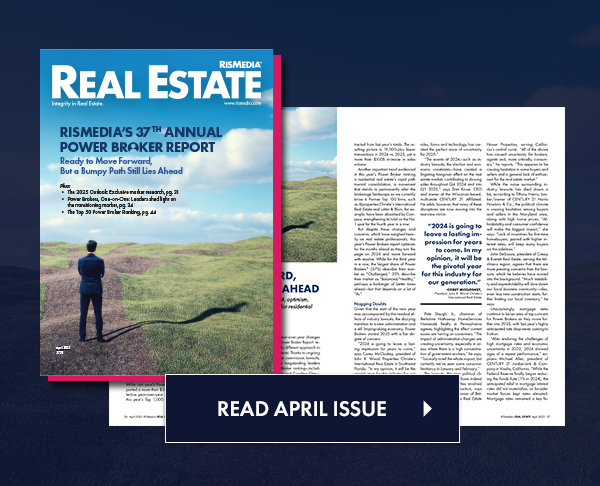An appeals court on Wednesday upheld the constitutionality of the Consumer Financial Protection Bureau’s (CFPB) organizational structure.
The agency, which has been at the center of controversy in the era of Trump, was deemed unconstitutional in a 2016 ruling. The agency’s director cannot be dismissed at will (in other words, without cause), per its structure—authority that is unbalanced and unchecked, critics say. In a 7-3 ruling on Wednesday, the U.S. Court of Appeals for the District of Columbia determined that the director can only be ousted by the president for legitimate reasons, such as misconduct or neglect.
The decision represents a setback for the Trump Administration, which intends to loosen regulation.
” decision is all about maintaining independent law enforcement free from politics. We are seeing that theme over and over again in efforts by the courts to check the rogue use of executive power,” former CFPB Director Richard Cordray tweeted on Wednesday.
Cordray left the post in November, appointing the agency’s chief of staff, Leandra English, in his stead. President Trump named Mick Mulvaney, simultaneously, as successor. The courts have favored Mulvaney, also director of the Office of Management and Budget, in two rulings since.
The finding on Wednesday comes as the agency continues its operational review. In January, it announced an evaluation of the organization; it issued a Request for Information (RFI) pertaining to its administrative adjudications, or decision-making proceedings, this week. By the agency’s definition:
“Administrative adjudication proceedings are formal adversarial proceedings conducted by an administrative law judge, who issues a recommended decision to the CFPB director. The director issues a final decision, either adopting or modifying the administrative law judge’s recommended decision.”
The latest RFI is the second of a series of solicitations.
“In this new year, and under new leadership, it is natural for the Bureau to critically examine its policies and practices to ensure they align with the Bureau’s statutory mandate,” said Mulvaney in a statement at the time. “Moving forward, the Bureau will consistently seek out constructive feedback and welcome ideas for improvement. Much can be done to facilitate greater consumer choice and efficient markets, while vigorously enforcing consumer financial law in a way that guarantees due process.”
The agency expects to issue the next RFI the week of Feb. 5.
Stay tuned to RISMedia for more developments.
 Suzanne De Vita is RISMedia’s online news editor. Email her your real estate news ideas at sdevita@rismedia.com. For the latest real estate news and trends, bookmark RISMedia.com.
Suzanne De Vita is RISMedia’s online news editor. Email her your real estate news ideas at sdevita@rismedia.com. For the latest real estate news and trends, bookmark RISMedia.com.











